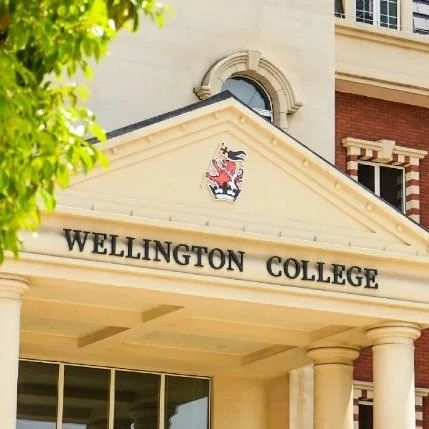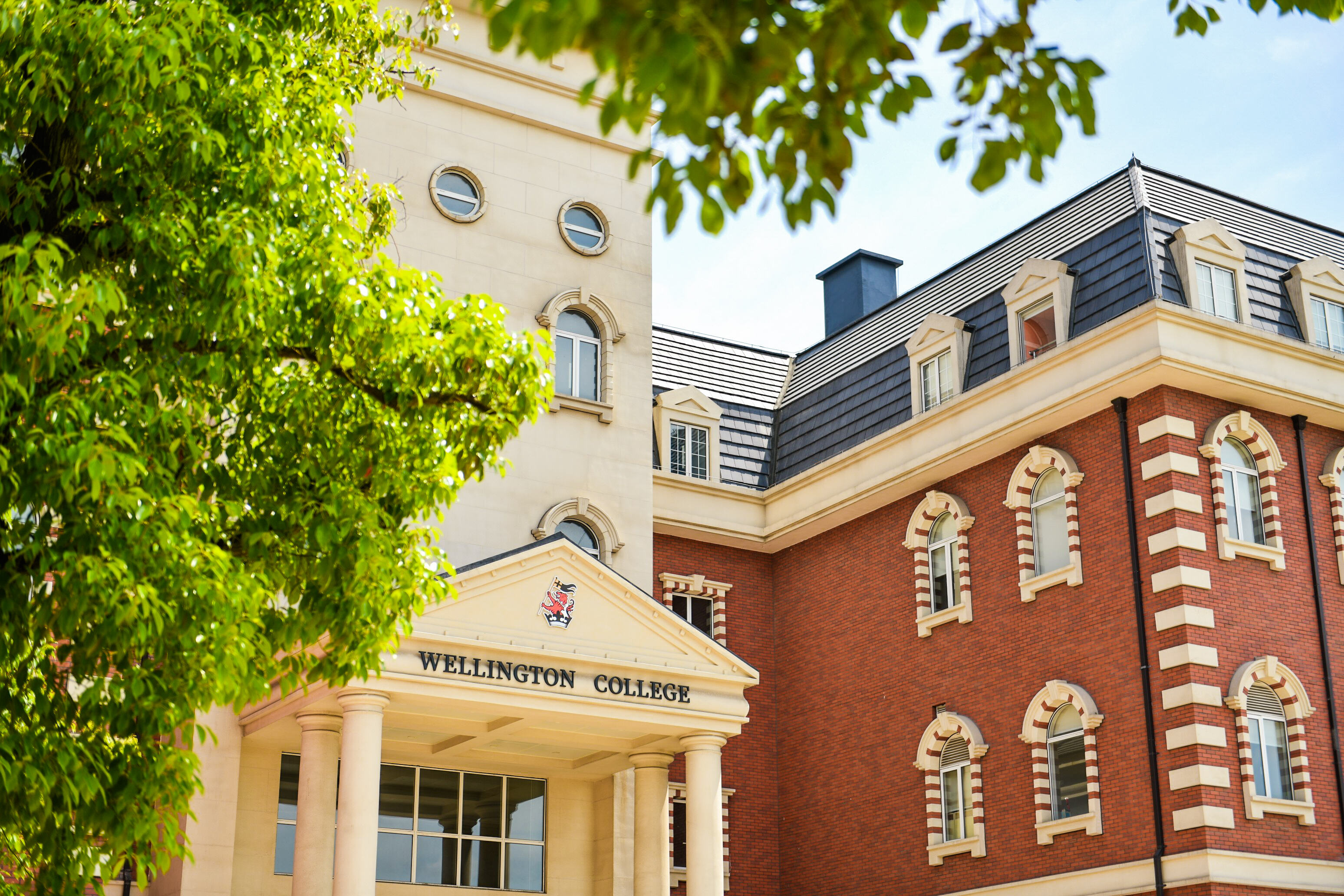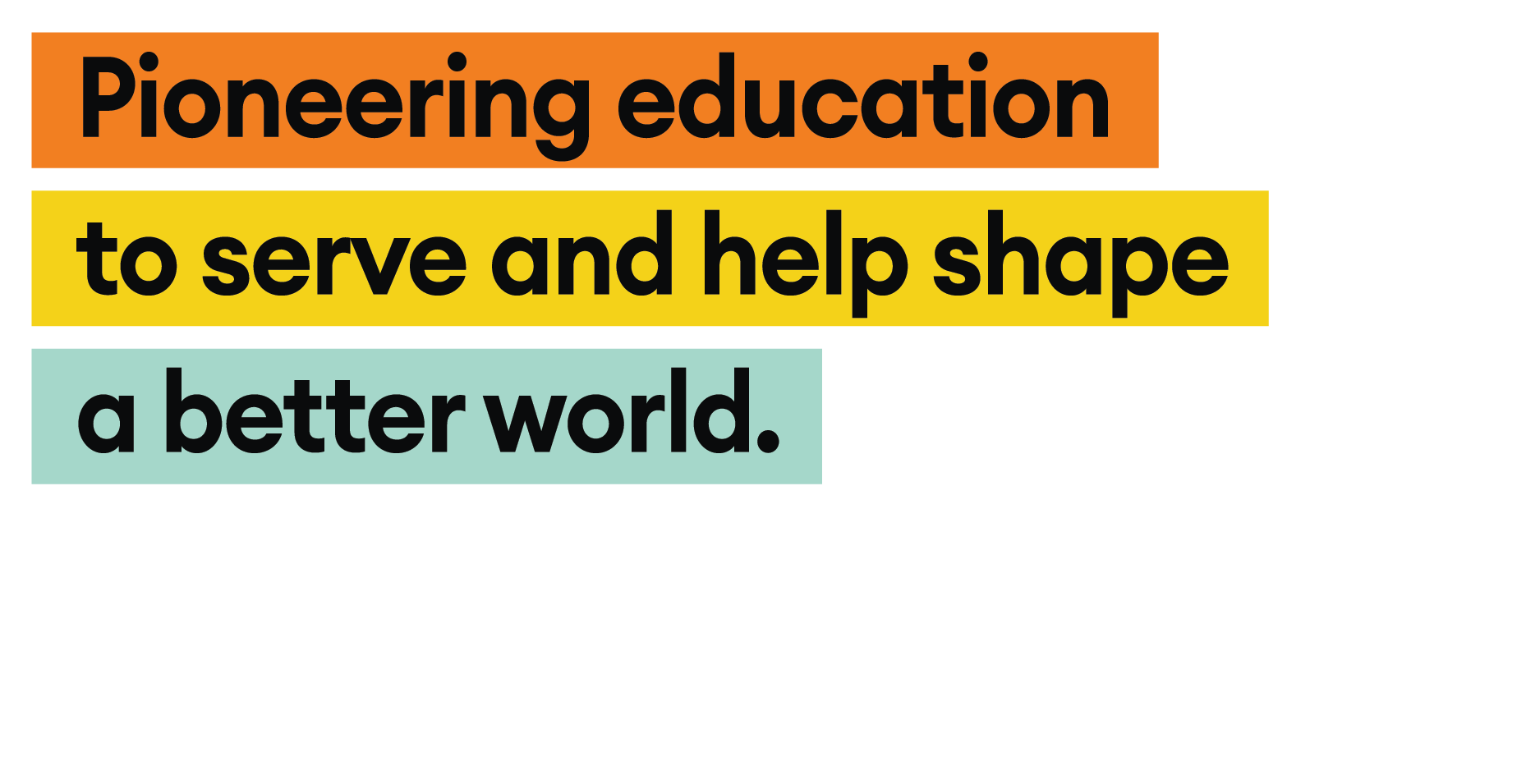Education Insight | Learning IGCSE Science at Wellington
Science is not an easy subject, but with hard work, motivation and curiosity to learn more about our world, it becomes alive. Today, our Head of Senior Science, Mr. Graham Starkey, will briefly introduce the IGCSE science course at Wellington and share his insight on learning IGCSE science with us.
Graham Starkey
Head of Senior Science
At WCIH, all pupils take the Edexcel triple science route, i.e., every pupil takes an IGCSE in biology, chemistry and physics. Therefore, pupils cover more content and are better prepared if they take science A Levels. Statistically, pupils who take separate IGCSE sciences are also more likely to get higher grades in A Level science subjects. Most top universities prefer an application for science subjects to have taken the triple award option at IGCSE. Many skills are associated with taking science IGCSEs, such as research, problem-solving and analytical skills or developing a scientific way of thinking.

We start the course in Year 9, so we give three years in which pupils need to complete the course. At the end of the course, pupils will sit six final examinations (two per subject), and the final grade is on a 9 to 1 scale.
Next, let us listen how Mr. Starkey reply to some frequently asked questions.
How do pupils prepare for IGCSE science assessments?
The IGCSE in-house assessments usually consist of a 45-minute end of topic unit and past paper questions related to the studied topic. During the year, it is common to have more extended mock examinations, usually sat under examination conditions. The best way to revise for any assessment is to use different revision strategies and find the best ones that work for you. For instance, some pupils prefer to write their own notes; some prefer drawing flow charts or diagrams. Long-term memory will remember the details by not simply reading but writing in different formats. Of course, pupils should look at past examination papers and learn how to read a mark scheme. It will help pupils understand the question and learn how to gain maximum marks.
How is science taught at Wellington?
The methodology we follow in teaching science at WCIH is hands-on practical, or activity-based learning. Our pupils have state-of-the-art experiment facilities at Wellington, so they are better prepared for assessed practical work at A Level and universities. We believe that pupils learn more by experiencing and carrying out scientific experiments by themselves. Because of how we teach at WCIH, pupils acquire teamwork and communication skills.
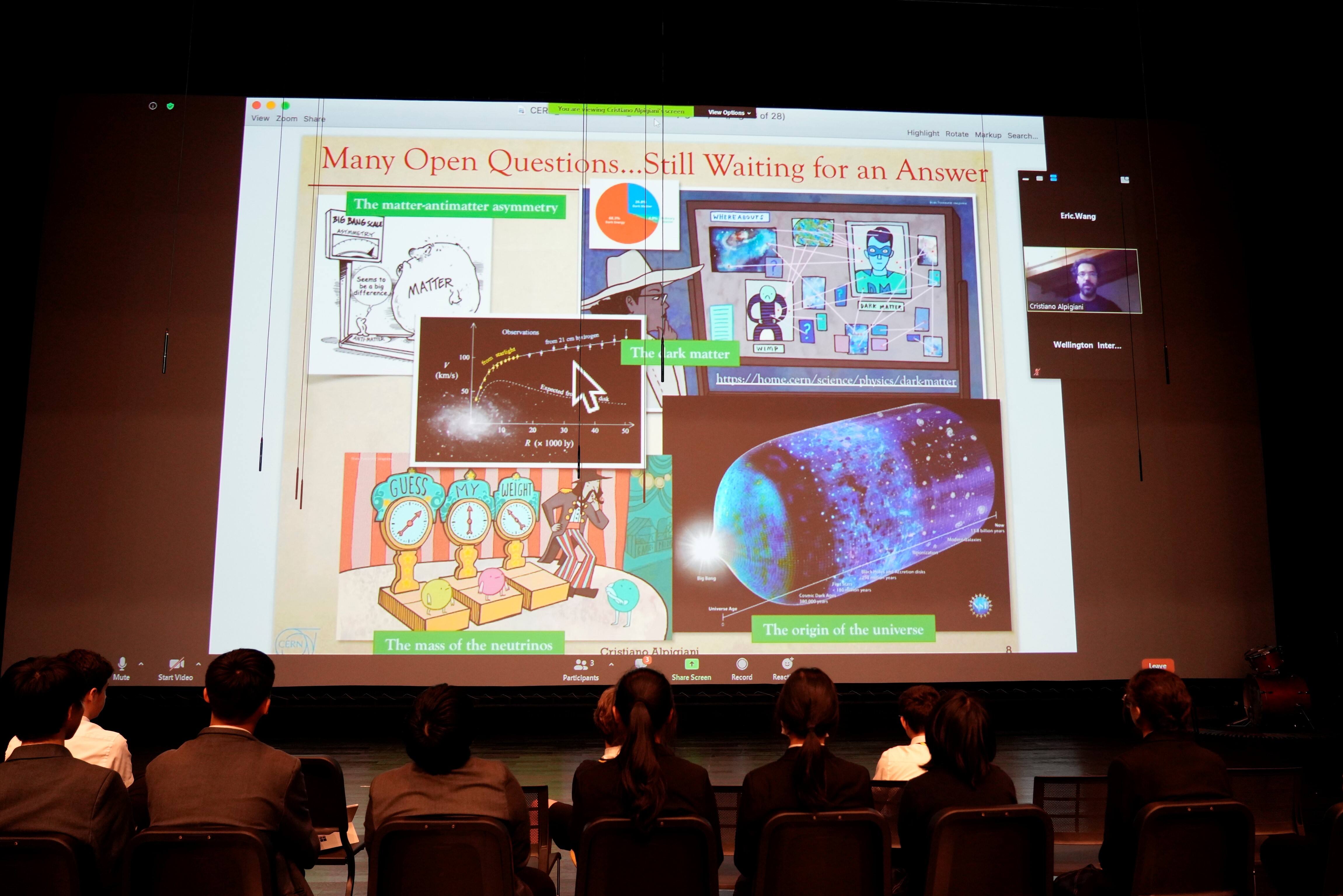
We have also invited renowned guest speakers to deliver inspiring speeches for our pupils. Last semester, we invited Dr. Cristiano Alpigiani to pay a virtual visit to our Year 9 pupils, a great opportunity to learn about the Large Hadron Collider, meet an established scientist and build upon their existing knowledge in learning science. We look forward to having more real-life scientists to inspire our young scientists.
What are the most common mistakes in science assessments?
Pupils make mistakes in assessments by not reading the question carefully. They think they understand what the question has asked and answer too quickly without realising they are on the wrong path. Pupils often do not know the command words of each question and what they mean. It is something that needs to be taught over a period of time. In some questions, there are some ‘hidden’ clues in the text that pupils can overlook.
To succeed in science, pupils must read more and discuss science using the correct terminology. If they can master this, scientific words will become part of their everyday conversations.

Do you have some suggestions for pupils to memorise these scientific terms?
The best strategy to memorise words is first to understand what these words mean in the correct context. Once they know the word’s meaning, it can be used as part of their spoken language and will be easier to memorise. Because some words stem from Latin, you can work out what they mean by learning the prefix. For instance, in science, the prefix photo means light hence the words photographs, photosynthesis, photocell and photocopier.
What careers do science subjects lead to?
Physics is a gateway subject and can lead to a host of careers in a whole range of industries, such as engineering, IT, the internet, and the energy industries. In addition, biology and chemistry can lead to jobs which are just as diverse such as healthcare, medicine, and pharmaceuticals, to name just a few.
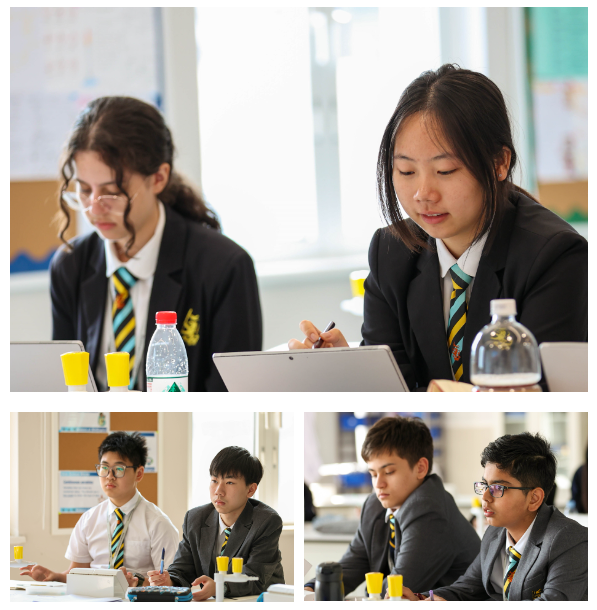
Sometimes, it feels like science is an abstruse course. So how do students stay motivated and enthusiastic about learning science?
Like everything, motivation is the one factor that needs to be maintained as the IGCSE is a three-year course. Success might not come easy during this time, but it is essential to be resilient and not give up. Always maintain a positive mindset and realise that everyone learns from mistakes. Enjoy the pursuit of gaining more scientific knowledge. Pupils need to develop a sense of passion towards the subject and persevere towards the long-term goal of achieving their best grades. Grit is not something you are born with; you don’t learn it in a classroom. However, it will define you as a person as you get older.
Related Articles
